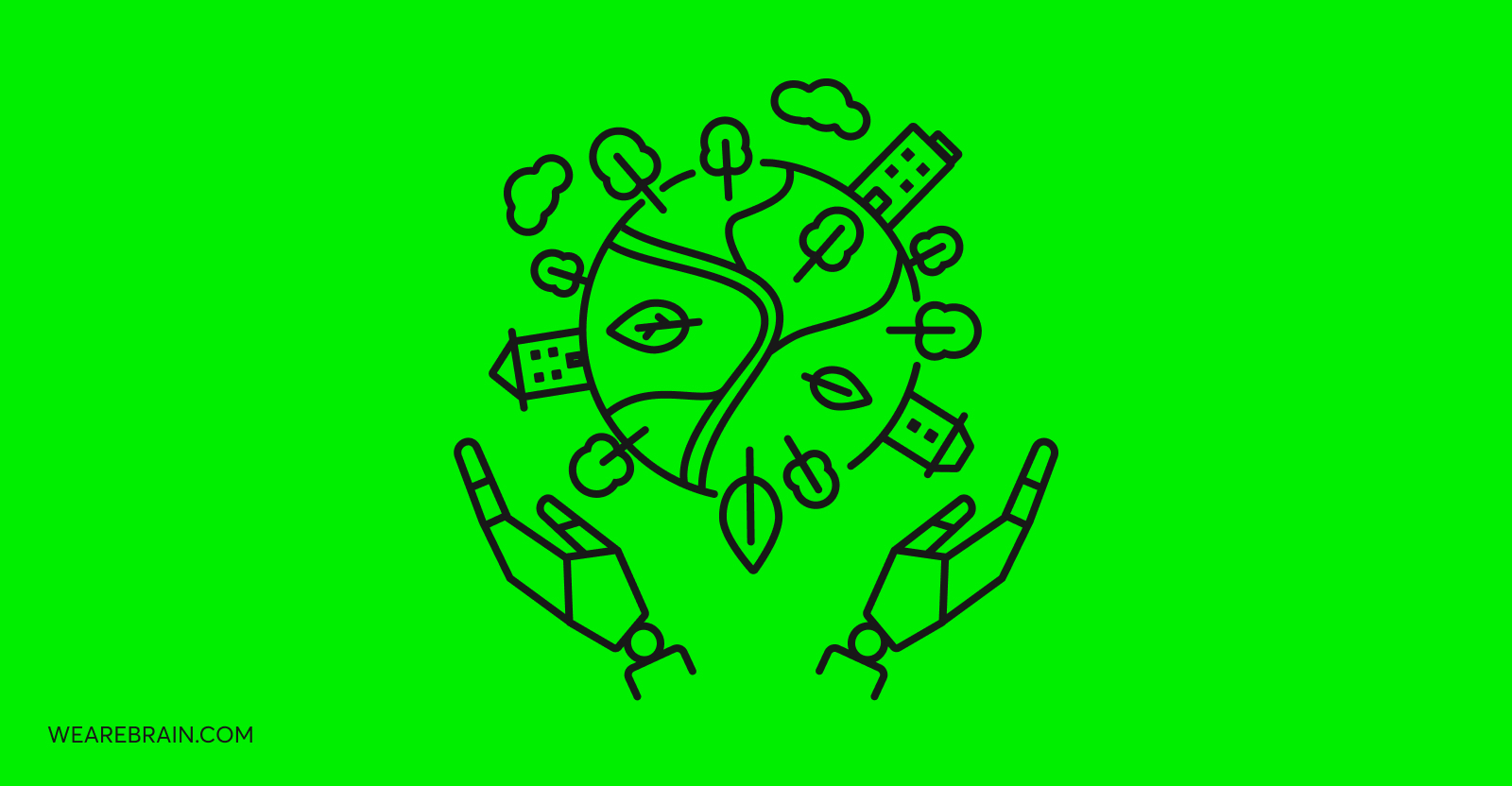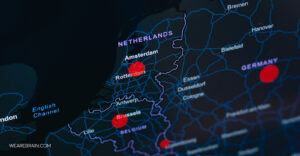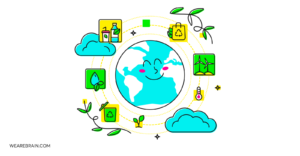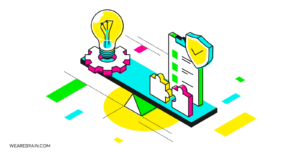How digital transformation drives sustainability

Digital transformation and sustainability have quickly become the latest buzzwords to emerge in the global business landscape, and for good reason. In light of the global pandemic, businesses have been forced to pivot, reinvent, and adapt their strategies to meet the new challenges in ways that ensure survival and continuous growth.
Digital transformation is the smart and strategic integration of digital technologies, processes, and competencies across all levels of an organisation or industry that brings about a change in culture, organisation, and operations to provide more value to customers. It has been a life-line for businesses in the past year, as Artificial Intelligence (AI), Machine Learning (ML), and Robotic Process Automation (RPA) have proven to keep entire industries afloat with reduced staff and various limitations, all while keeping costs down.
At the same time, our collective drive toward a greener and more sustainable world has been pushed into the mainstream (thanks Greta), and businesses too are being expected to actively play their role in ensuring its success. In this sense, the idea of sustainability is divided into three categories: economic, social, and of course, environmental.
So how can digital transformation help each of the pillars to create a more sustainable world?
Economic sustainability
Today, investors and customers alike want to support organisations that are eco-friendly and offer sustainable operational methods and greener supply chains. The success of sustainability apps is evidence of the growing trend of people across the globe advocating for ethical ways of living. These organisations define themselves by having high Environmental, Social and Governance (ESG) ratings, and businesses that partner with them are ‘green by association’ and practice, and are showing increased profitability than their non-green competitors.
Now more than ever, businesses are flouting their sustainability and corporate responsibility to align to the mainstream mindset that ‘green is good’, and investors are voting with their cash injections.
Social sustainability
The modern advancements of digital technologies plays a continuously crucial role in delivering efficiency, accuracy, and reliability in almost every global industry today. AI, ML, and RPA serve our social sustainability endeavours in various ways, making our personal and professional lives easier everyday. AI and ML is being used in the healthcare and education fields to add value to people’s lives, from helping to perform early stage diagnosis and serving as a personalised educational tutor.
Of course, the shift toward a more sustainable world has been thrust into the spotlight in light of the pandemic, where the world has been forced to adopt remote working initiatives to help prevent the spread of the coronavirus. But this has shown what the future of business is likely to look like: business being conducted via teleconference and instant messaging resulting in a significant reduction of carbon emissions from daily commutes, less energy feeding large office buildings, etc. The pandemic has shown that much of the world’s business can successfully be conducted online (as most of it already is), and that this shift to remote working and digital transformation not only makes our lives easier, it dramatically reduces our carbon footprint.
Environmental sustainability
In order to lure eco-friendly investors, businesses can use a drive toward sustainability as a catalyst for adopting digital transformation within their organisational procedures. As the pressure mounts for businesses to adopt sustainable practices and procedures, technologies such as AI, ML, predictive analytics, and the Internet of Things (IoT) are playing a crucial role in facilitating sustainability initiatives within the global business landscape.
We have written an article outlining the role of AI in fighting climate change which details many of the digital technologies used to help businesses push for sustainability. These include:
- AI assists with boosting disaster response efficiency and accuracy, helps to reduce air pollution via automation, drives the affordability of renewable energy, and makes more energy-efficient buildings and smart cities
- ML and analytics are deployed to automate processes with large-scale environmental impact (precision agriculture and irrigation), provide predictive insights and modelling to inform legislation, and provide renewable energy forecasts and materials
- IoT devices help collect data to monitor, analyse and assess environmental impacts
Summary
As you can see, the path to a more sustainable world lies in the increased adoption and deployment of digital transformation within global businesses. In order for businesses to remain profitable, they need to employ digital transformation strategies and procedures to lower their carbon footprint and attract eco-minded investors.
With digital technologies such as AI, ML, RPA, predictive analytics, and IoT playing an already crucial role in the fight against climate change and an overall drive toward sustainability on a global scale, businesses need to incorporate these into thor digital transformation strategies to play their role.
Mario Grunitz
Working Machines
An executive’s guide to AI and Intelligent Automation. Working Machines takes a look at how the renewed vigour for the development of Artificial Intelligence and Intelligent Automation technology has begun to change how businesses operate.







